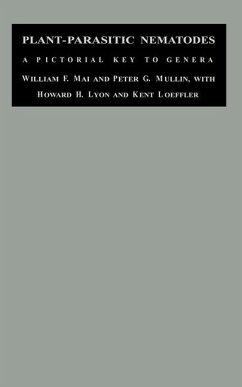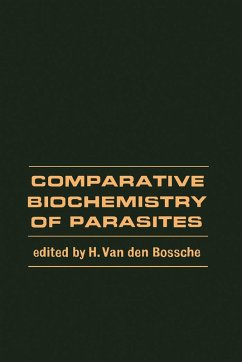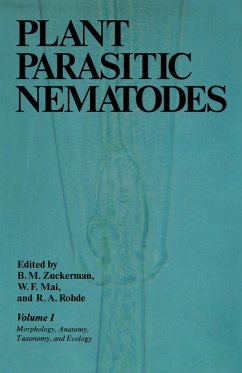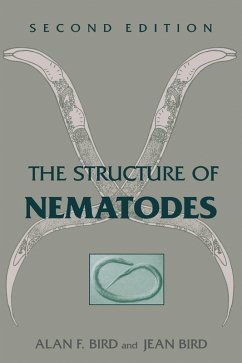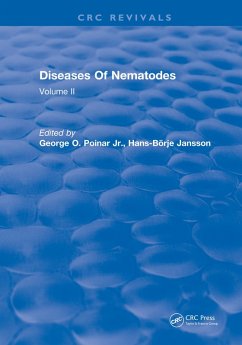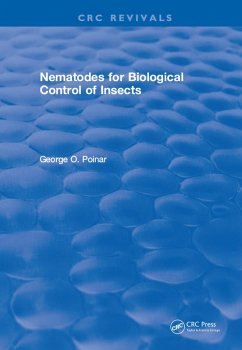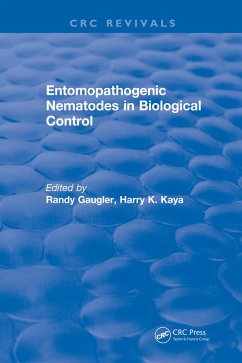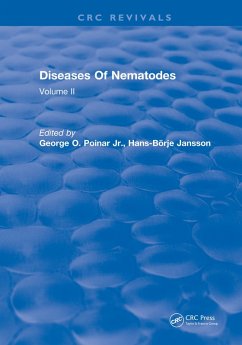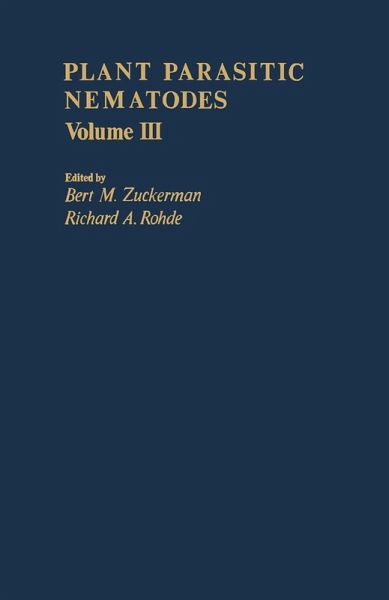
Plant Parasitic Nematodes (eBook, PDF)

PAYBACK Punkte
20 °P sammeln!
Plant Parasitic Nematodes, Volume III provides a comprehensive discussion of the different advances in plant nematology. This includes biochemical techniques to taxonomy and innovation in transmission and scanning electron microscopy technology. It explains a broadened basis for understanding nematode physiology and behavior and the sensory mechanisms that govern nematode actions and plant host-nematode interactions. The book discusses the development of modern approaches to the evaluation and reduction of crop losses. The emphasis of this volume is on plant parasites and insights gained throu...
Plant Parasitic Nematodes, Volume III provides a comprehensive discussion of the different advances in plant nematology. This includes biochemical techniques to taxonomy and innovation in transmission and scanning electron microscopy technology. It explains a broadened basis for understanding nematode physiology and behavior and the sensory mechanisms that govern nematode actions and plant host-nematode interactions. The book discusses the development of modern approaches to the evaluation and reduction of crop losses. The emphasis of this volume is on plant parasites and insights gained through research on other nematodes. In particular, the book explains the anatomical, developmental, behavioral, and genetic studies on the free-living nematode Cenorhabditis elegans, which is a widely used laboratory model for examining various biological problems. The information provided by various researches on C. elegans increases our understanding about the relevance of nematodes to general biological processes in higher organisms, including man. The book is divided into 19 chapters which cover the following concepts of plant nematology: biochemistry, cytochemistry, and genetics; morphology and function; host-parasite relations; and evaluation and control of crop losses. The present volume is an excellent reference for students, lecturers, and research professionals in plant parasitology and related fields.
Dieser Download kann aus rechtlichen Gründen nur mit Rechnungsadresse in A, B, BG, CY, CZ, D, DK, EW, E, FIN, F, GR, HR, H, IRL, I, LT, L, LR, M, NL, PL, P, R, S, SLO, SK ausgeliefert werden.




